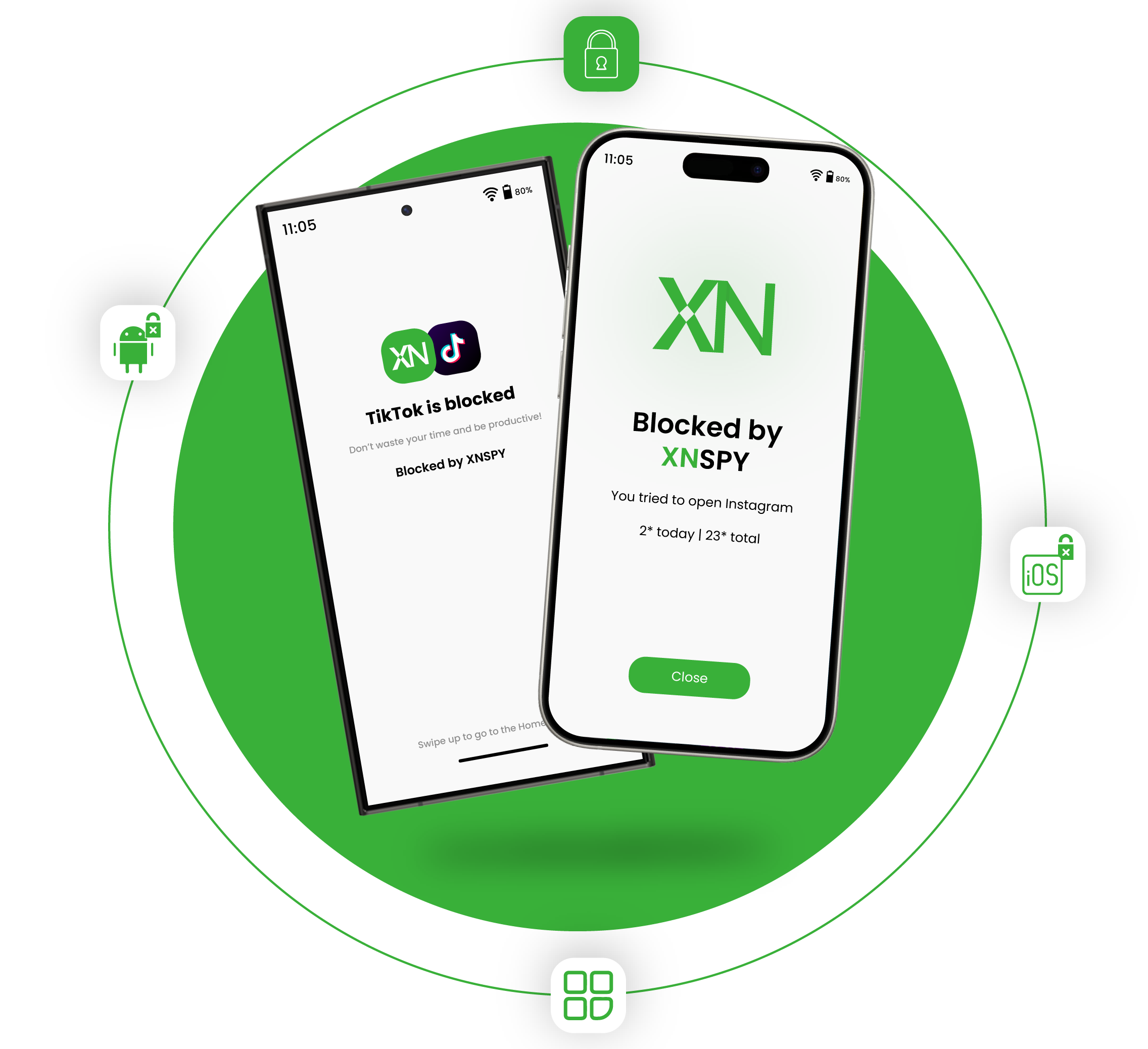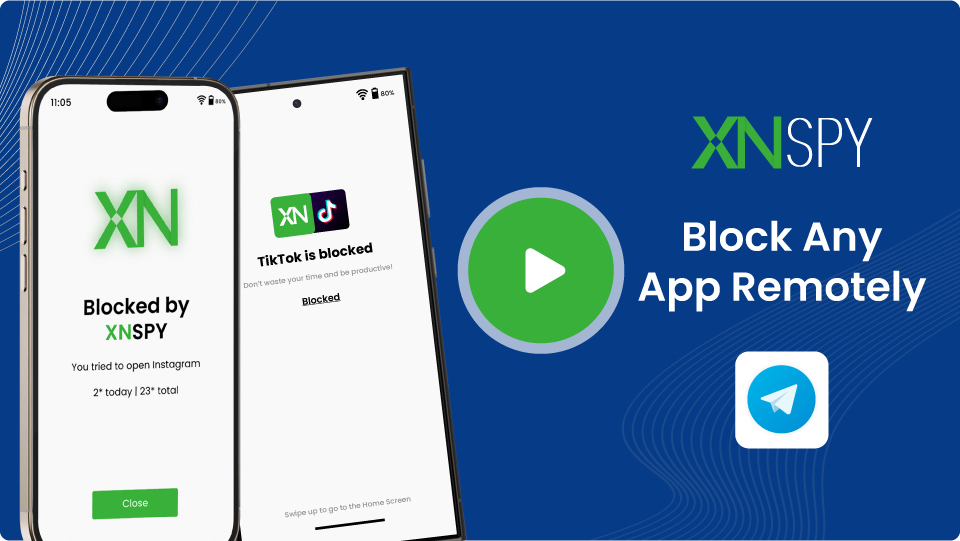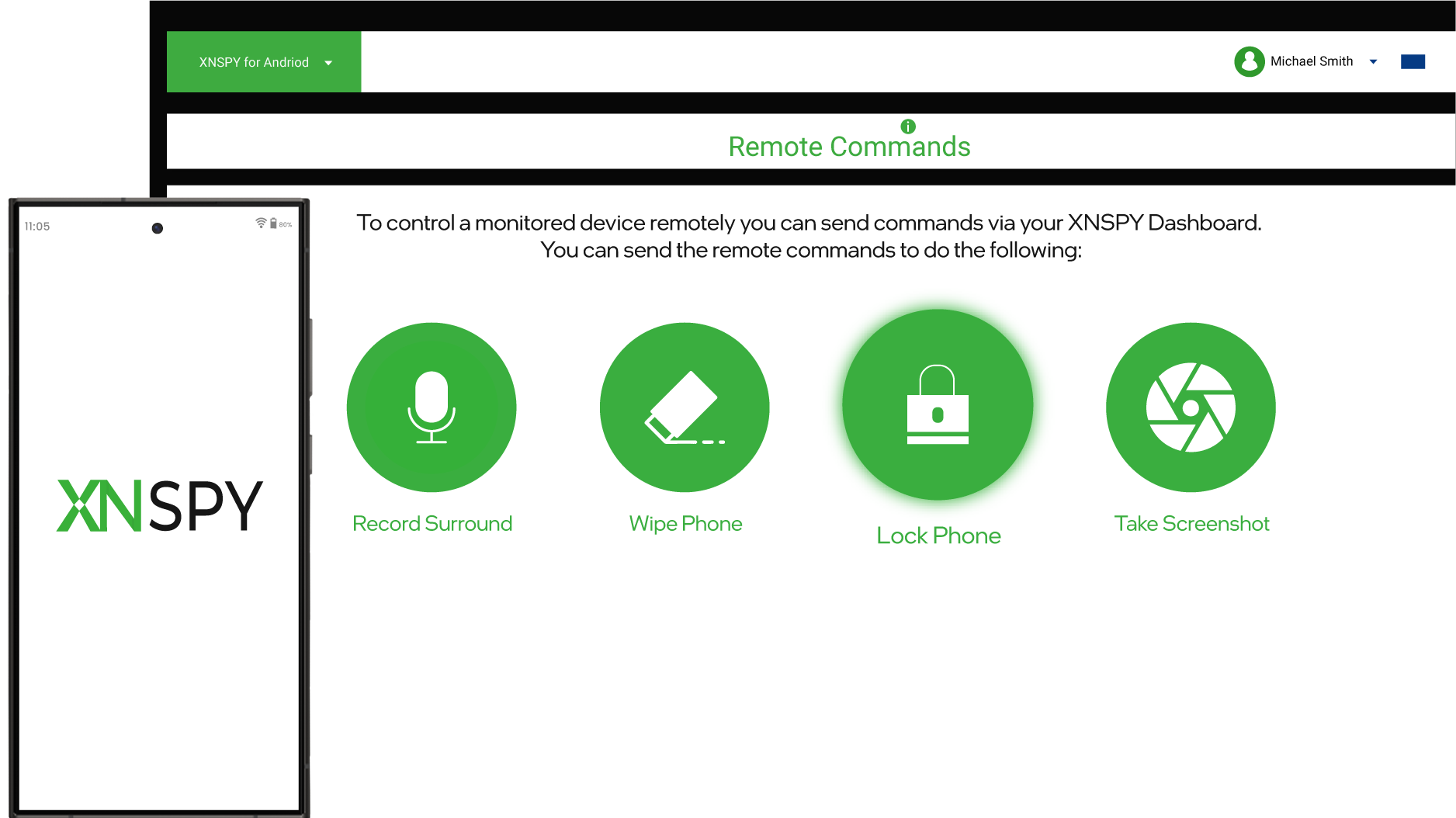
#1 KIDS’ APP BLOCKER
Parents’ Trusted Choice for Blocking Apps
Manage your child’s screen time by blocking or unblocking their phone apps with a single tap.
- Block or unblock specific apps, or all apps at once
- View app details like name, logo, and installation info
- Instantly block or unblock apps without accessing the phone
- Available for both Android and iPhone devices











